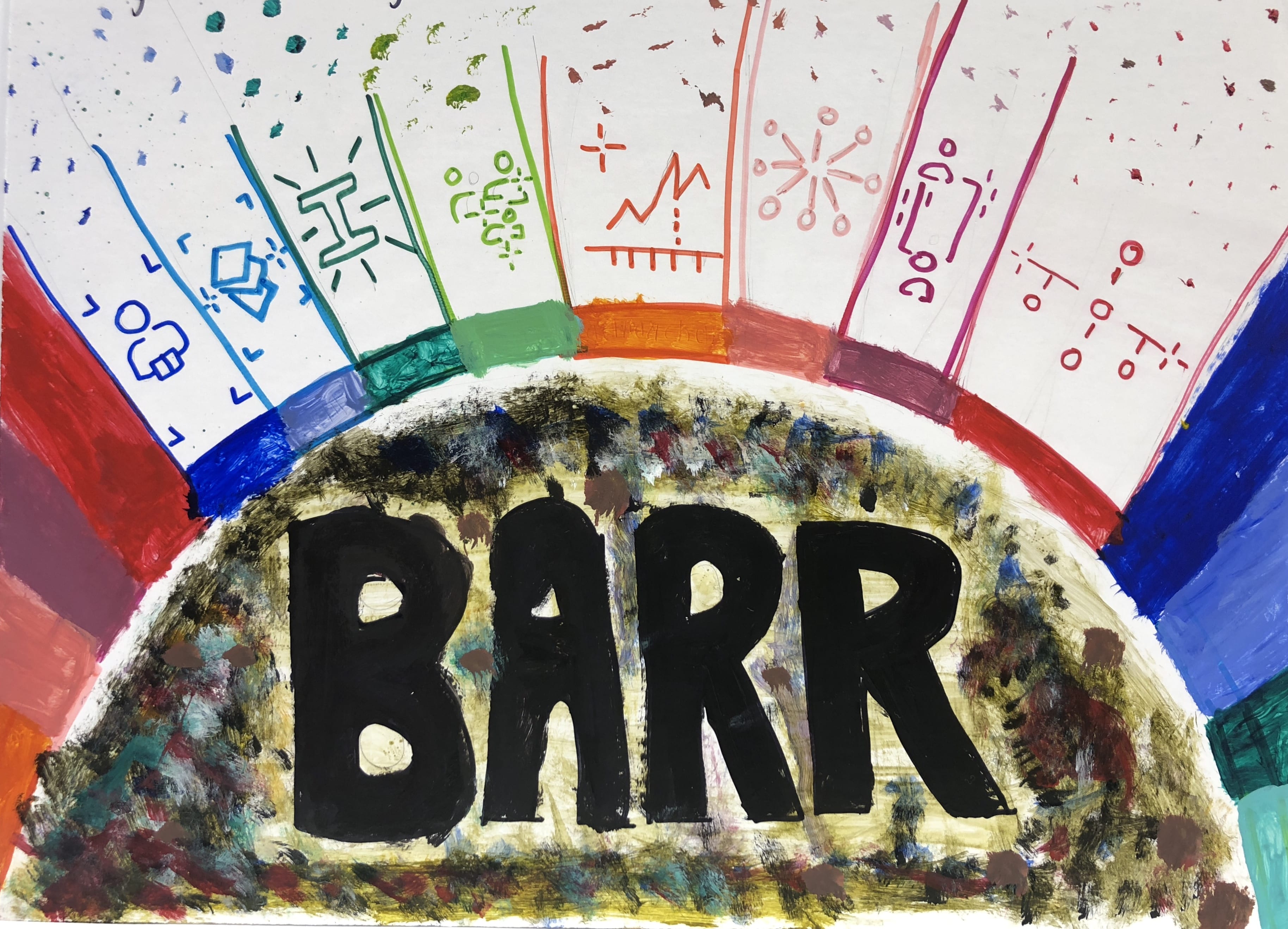In this time, as in previous educational disruptions, teenagers are most at risk for being knocked off course. One April survey found 4 in 10 U.S. teens weren’t logging on to classes at all.
But not Christian Perez, 15, a sophomore at South Fort Myers High School in Fort Myers, Fla. He stuck with his schoolwork online even though his father, a plumber, sent him to stay with his family in Puerto Rico. “I want to keep up my grades so I can stay on the baseball team,” Perez tells NPR, in Spanish.
His ESL teacher, Nelson Aguedo Concepcion, is the one who really kept him on track. “I’m in touch with my students two, three times a week,” by text, phone, Google classroom and Zoom meetings, Concepcion says.
There are devoted teachers everywhere, but the relationship between Concepcion and Perez didn’t come about by chance. South Fort Myers High School follows a dropout prevention program called BARR, which stands for Building Assets, Reducing Risks. The program, which is supported by randomized controlled trial evidence, focuses on building strong positive relationships between students and the adults in a building. It groups teachers and other professionals like counselors for weekly meetings where they compare notes and make plans to help students in trouble. Costs associated with the model are relatively small, related to scheduling and staffing. At South Fort Myers and other schools using the BARR method around the country, these regular meetings have continued over Zoom during the pandemic.
It’s unusual for faculty in a high school to meet regularly to discuss student success, rather than curricula or administrative details. South Fort Myers High School Principal Ed Mathews credits BARR’s “team approach” with helping his faculty keep the vast majority of his high school students engaged. “The first week that we did virtual education, we missed 350 students,” Mathews says. “And then the following week we got it down to 125. And then the following week we got it down to two. And then out of the two we were able to get a hold of the one. And then unfortunately the other young lady was a runaway.”
BARR is not the only education success model that prioritizes relationships. Marquise Pierre, 20, is finishing his degree at a small public “transfer” high school in Coney Island, N.Y., called Liberation Diploma Plus. Pierre tells NPR that on lockdown he hears from one of the faculty members every single day: “The school is more like a family than staff and students.”
And in King County, Wash., 15-year-old Osvaldo Riva Santiago is staying motivated with the help of an incentive plan created by his education specialist, Dani Erickson. Erickson works for Treehouse, a nonprofit with a successful track record of helping foster youth like Santiago graduate from high school. Through Erickson’s incentive plan, Santiago earns prizes, such as Amazon gift cards, for keeping up with his schoolwork and doing self-care activities, such as jigsaw puzzles. “She’s been helping me emotionally,” says Santiago.
